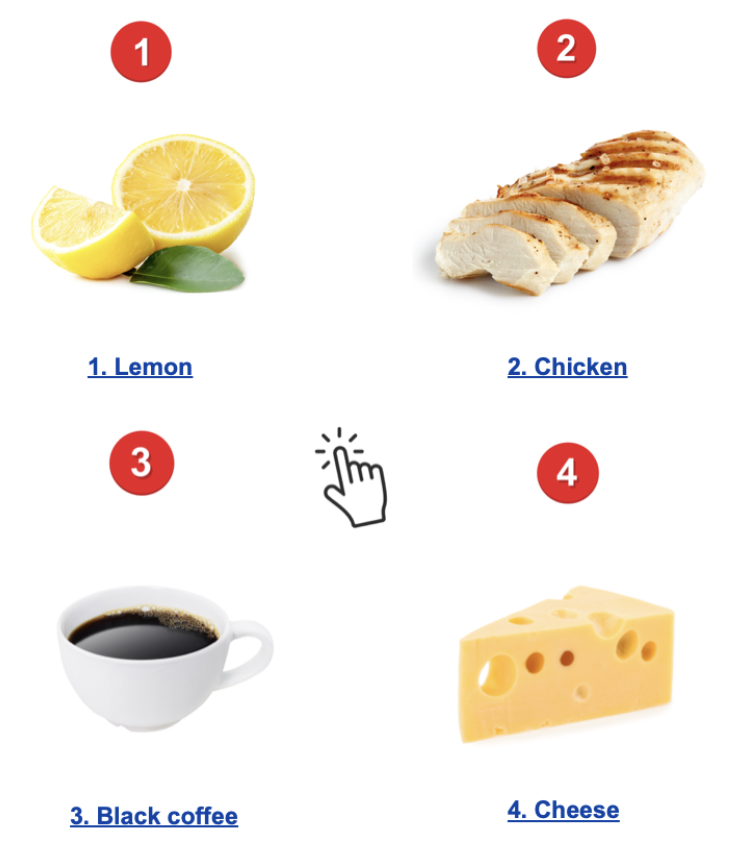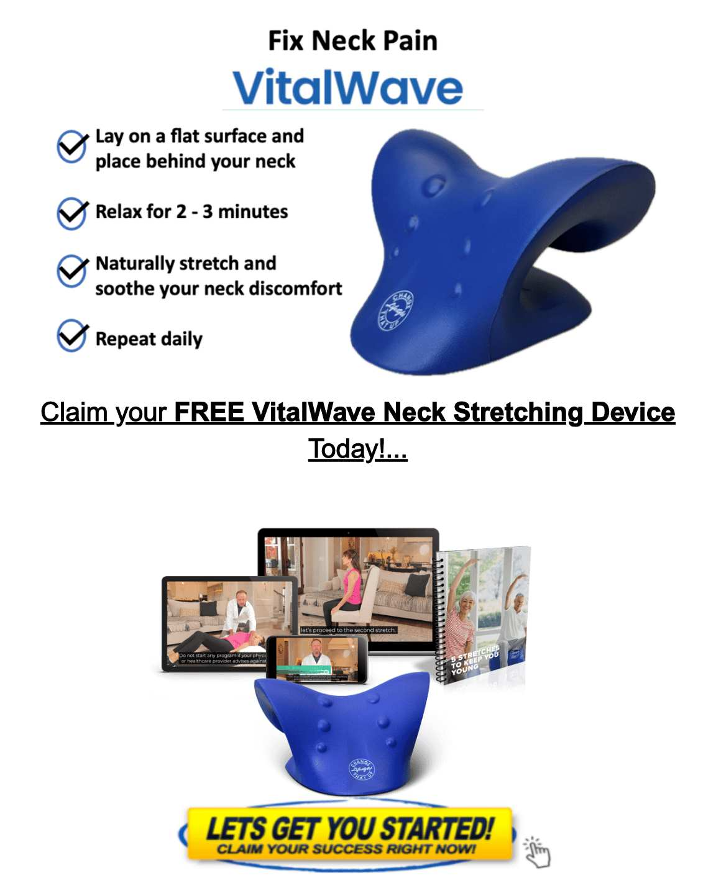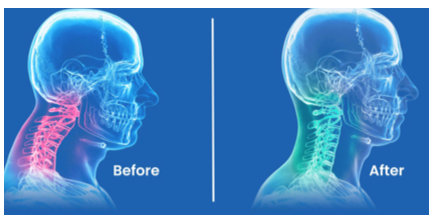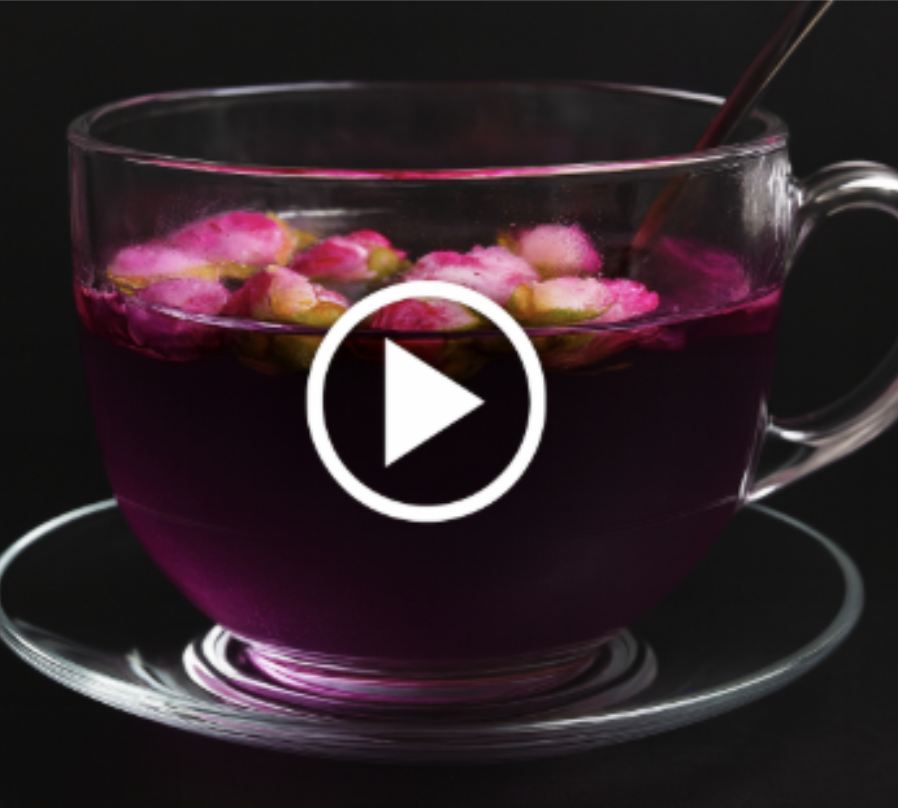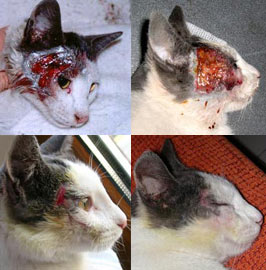The most effective upholstery material for dining room chairs actively repels liquid spills and withstands abrasive daily friction. Dining seating requires textiles rated for a minimum of 15,000 Wyzenbeek double rubs to prevent tearing and pilling over time. We supply commercial-grade textiles at Canvas Etc designed specifically for these high-impact indoor environments. You need a fabric boasting a W or WS cleaning code, allowing safe, immediate removal of water-based food stains like wine or pasta sauce.
Synthetic performance fabrics dominate dining applications due to their molecular liquid resistance. Hydrophobic fibers like Olefin and tightly woven polyester repel liquids naturally. Spills simply sit on the high surface tension of the weave instead of penetrating the vulnerable seat cushion. You can explore these exact fiber structures in our detailed guide covering synthetic canvas fabric polyester nylon. Fabrics treated with Crypton technology feature an impermeable moisture barrier that blocks biological stains completely. Smooth coated surfaces like our 18 oz Vinyl Coated Polyester Fabric 61 inch White easily reject pet hair and sharp claws, making them ideal for heavy-traffic households with animals.
Natural fibers require specific handling for eating areas. Untreated cotton and linen act as hydrophilic materials, absorbing oils instantly. Heavy-weight cotton duck canvas provides the mechanical tear strength needed for taut seating, but requires an aftermarket moisture repellent. We highly recommend our number 8 Duck Cloth 872 for DIY projects because it folds cleanly around wooden frames without the severe fraying seen in loosely woven chenille. Read our exact breakdown on utilizing duck canvas for upholstery to perfect your staple-gun technique.
Stop replacing stained seating every single year. Upgrade your dining room furniture with high-abrasion performance synthetics or heavy-duty coated vinyl to block food spills at the molecular level permanently. Review our complete guide on how to choose the perfect upholstery fabric for your furniture to finalize your interior design strategy quickly. Measure your specific seat dimensions today, calculate the exact required cut, and order your protective yardage now directly from Canvas Etc to guarantee decades of highly resilient, long lasting room durability.
Read more here - https://www.linkedin.com/posts/canvasetc_upholsteryfabric-diningroomdecor-diyfurniture-activity-7434286246106947584-hy3I/
--You received this message because you are subscribed to the Google Groups "Broadcaster" group.
To unsubscribe from this group and stop receiving emails from it, send an email to broadcaster-news+unsubscribe@googlegroups.com.
To view this discussion visit https://groups.google.com/d/msgid/broadcaster-news/ba734099-9007-41bf-9845-0a088bf766d4n%40googlegroups.com.





